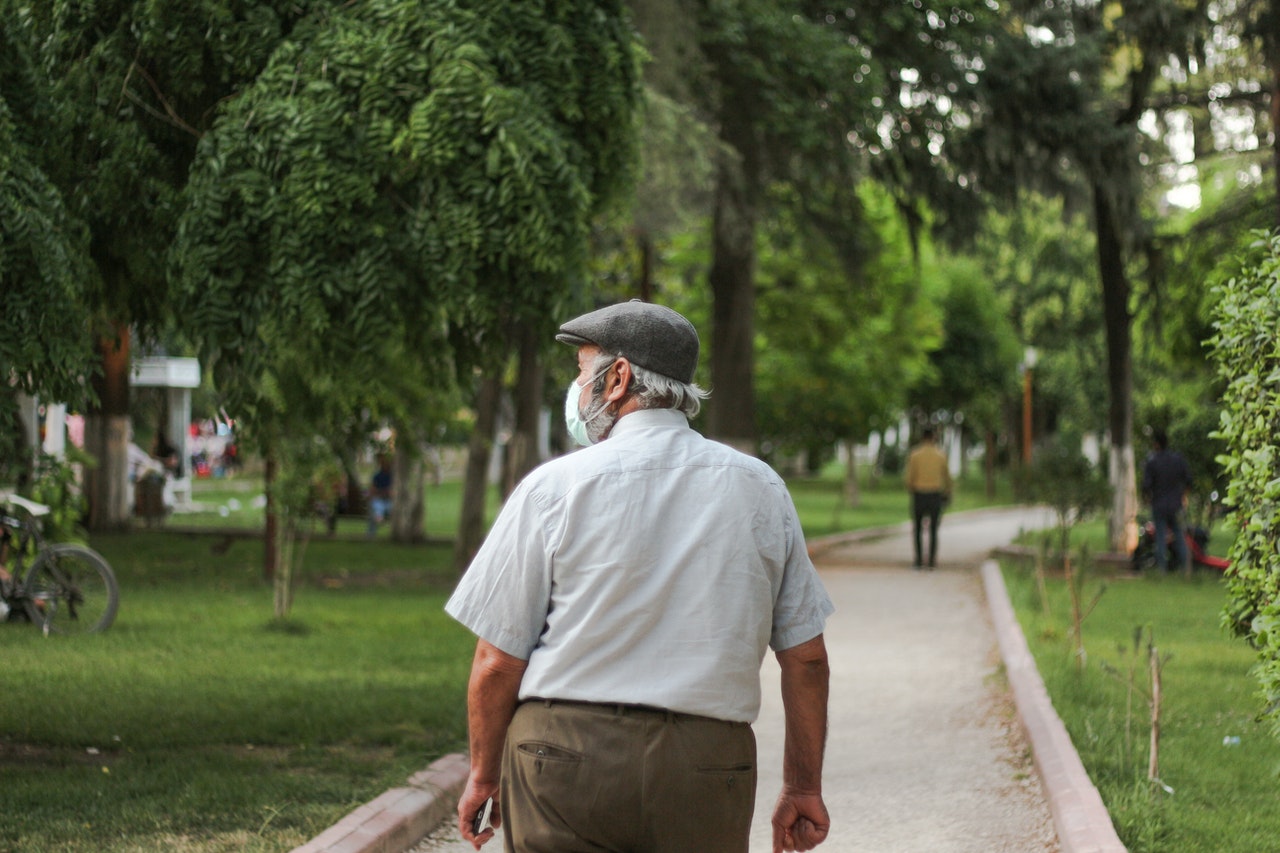Home Care Assistance is Changing the Way the World Ages. This is the latest installment of our “How To” series, where we lay out smart and easy-to-understand advice on navigating the aging process.
Fast-forward 18 months, and her family is increasingly worried about tendencies like these, which seem to be continuing even as Quebec moves through progressive stages of deconfinement.
“We understand the fear, we’ve all felt it over the last year and a half,” Sam says. “But over the summer, we’ve realized my mother’s not becoming any more comfortable. She’s still very reluctant to sit down with us at a picnic table outside, even if we sit apart and she keeps her mask on.”
Sam isn’t alone in his concern. Living in a constant state of fight-or-flight has left many Canadians wrestling with a host of mental health outcomes all tied back to their lived experience of the pandemic. Even as the crisis recedes to a memory for some, thousands of others will continue to wrestle with long-lasting impacts, not unlike the feelings folks experience in the months after the death of a loved one.
Sam’s family is wondering if the red flags they’re seeing might be signs that something bigger is going on. For instance, a daily walk that his mother has now stretched to span multiple hours, seemingly unable to rest, or relax. Because she lives alone, the family is talking often to share concerns, and reaching out to healthcare professionals for advice.
While there’s a wide range of ‘normal’ steps to deconfinement, and the feelings that come with it, it’s important for families to monitor how seniors are coping through this next stage.
What should family and caregivers keep in mind as loved ones venture back into the world?
-
Encourage safe risks. Fully vaccinated seniors who continue to take precautions (think mask wearing and social distancing) can get out into the world once again. Staying current on pandemic restrictions, and working within those boundaries, is important. With those in mind, summer can be a great time to sit down on a bench and read a book, enjoy a neighbourhood garden, or visit friends in the backyard. These small steps towards normalcy can help a senior change their view of the pandemic, and begin to embrace the return to normal life, in ways that balance risk and reward.
-
Dial down the news. Information is power—within reason. Balancing the need to keep seniors informed of the evolving pandemic, while helping them to simultaneously overcome their fear of the outside world, is important. Limiting news to once or twice a day, and finding new topics of conversation (besides COVID-19) is a good starting point. Isolating alone with a constant stream of pandemic news isn’t good for anyone’s mental health. Help the seniors in your life find a happy, and safe, medium.
-
Ignore peer pressure. Warm weather and generally reassuring COVID-19 numbers can make it easy to let our guard down. Where seniors are concerned: don’t. Heed health guidelines, and support loved ones in continuing to follow good hygiene practices, and wear their masks. There’s a fine line between encouraging safe interactions for fully vaccinated seniors, and pushing them to bow down to assumptions or societal pressure to un-mask. Remember: the key is to help your loved one reintegrate into society safely; supporting them in mask wearing however and whenever appropriate is in everyone’s best interest.
-
Raise alarm bells as needed. If you feel like something’s off, you may be right. When someone exhibits a level of fear that feels disproportionate to the circumstances, there could be something going on behind the scenes. Is your loved one being driven by fear (emotional reasoning) and unable to overcome it, even with evidence-based facts? Are they able to realistically measure risk? What’s more, are they displaying signs of depression or anxiety? If so, reach out to your family physician. Don’t wait.
Closing thoughts
Emerging from the pandemic will bring its own unique set of challenges for seniors who’ve been forced to isolate for the last year. Whether you’re a full-time caregiver or a loved one coordinating with a home care team: seniors need support right now. That means encouraging them to embrace life safely, and watching for warning signs that something might be off.

